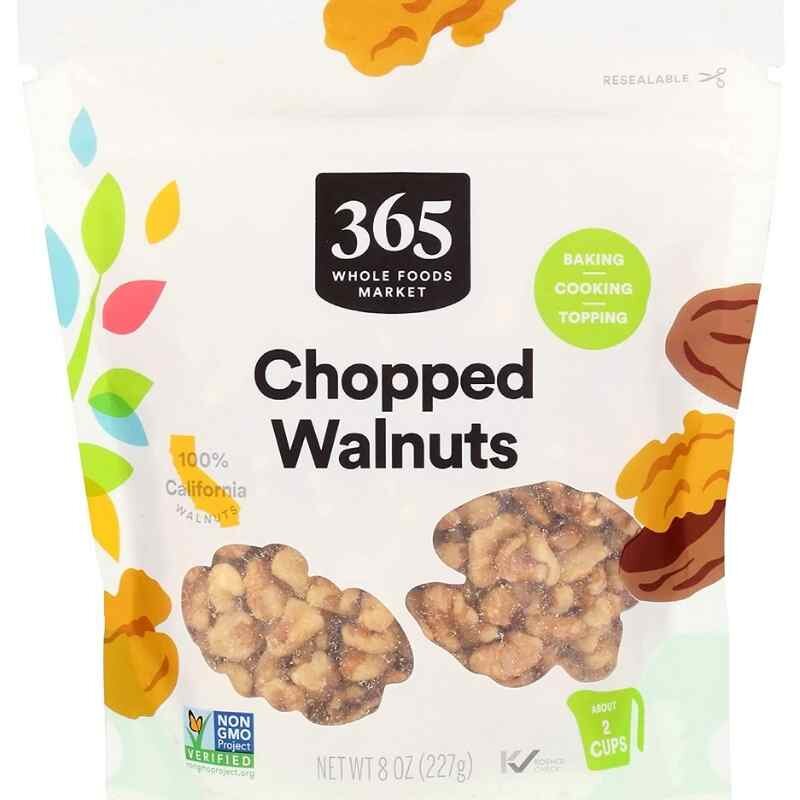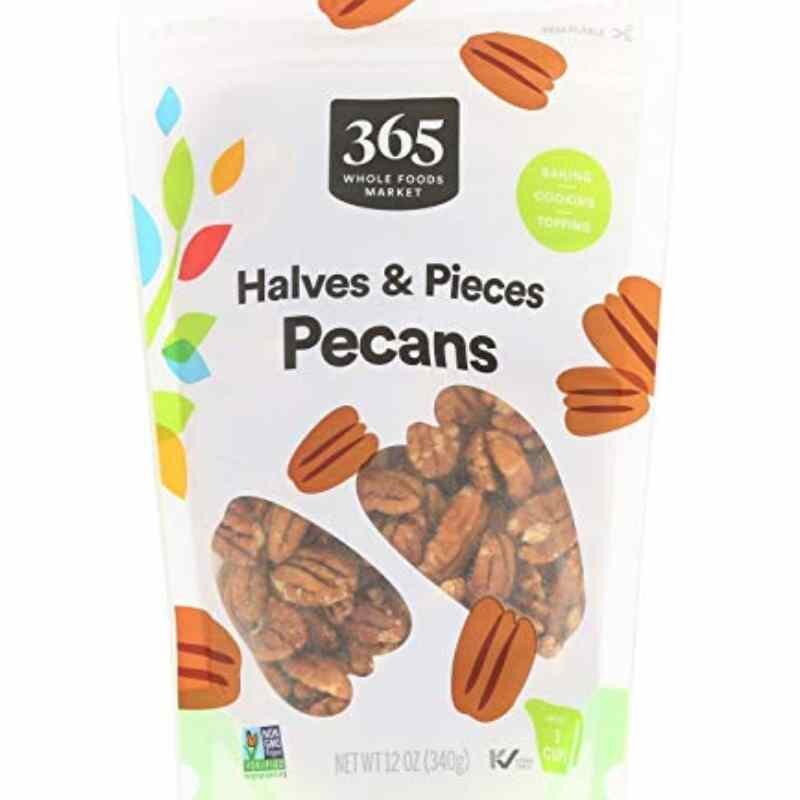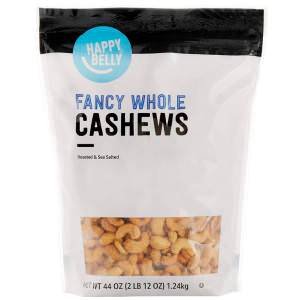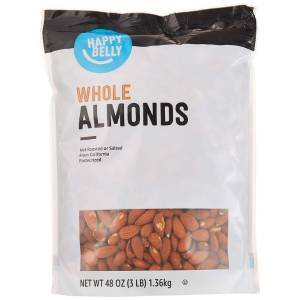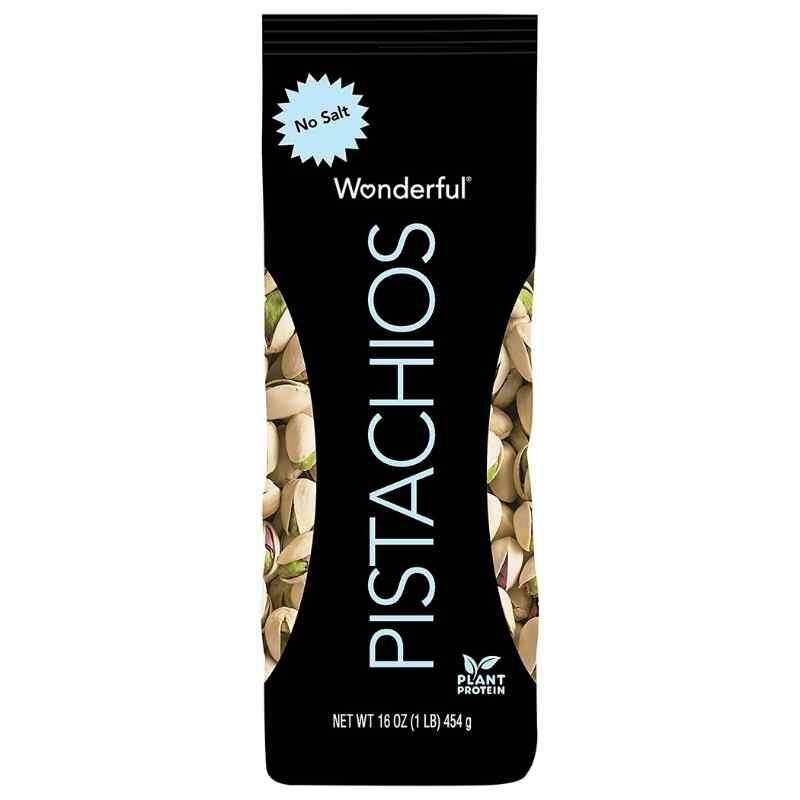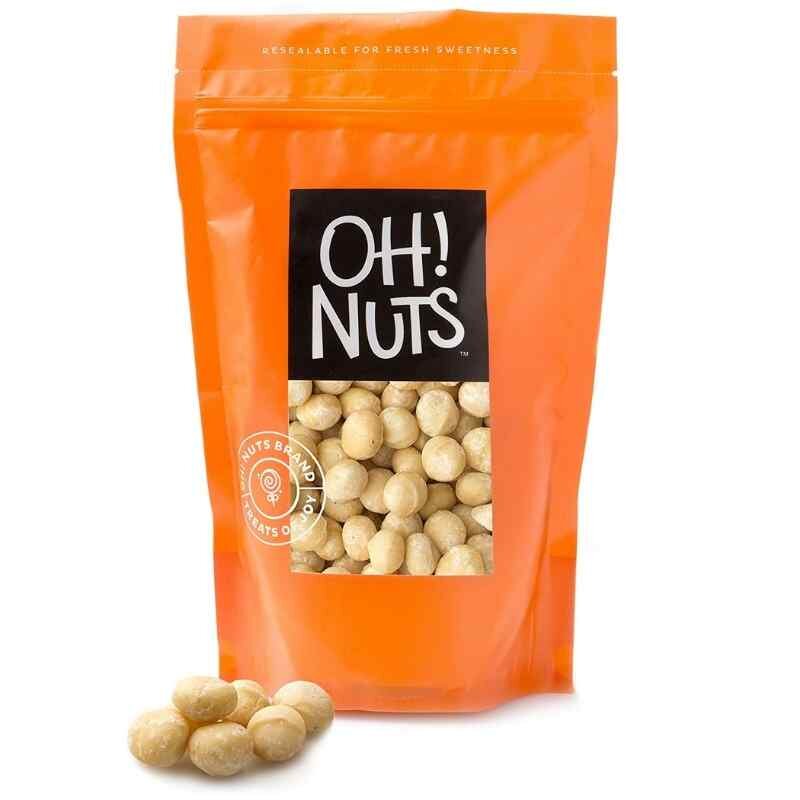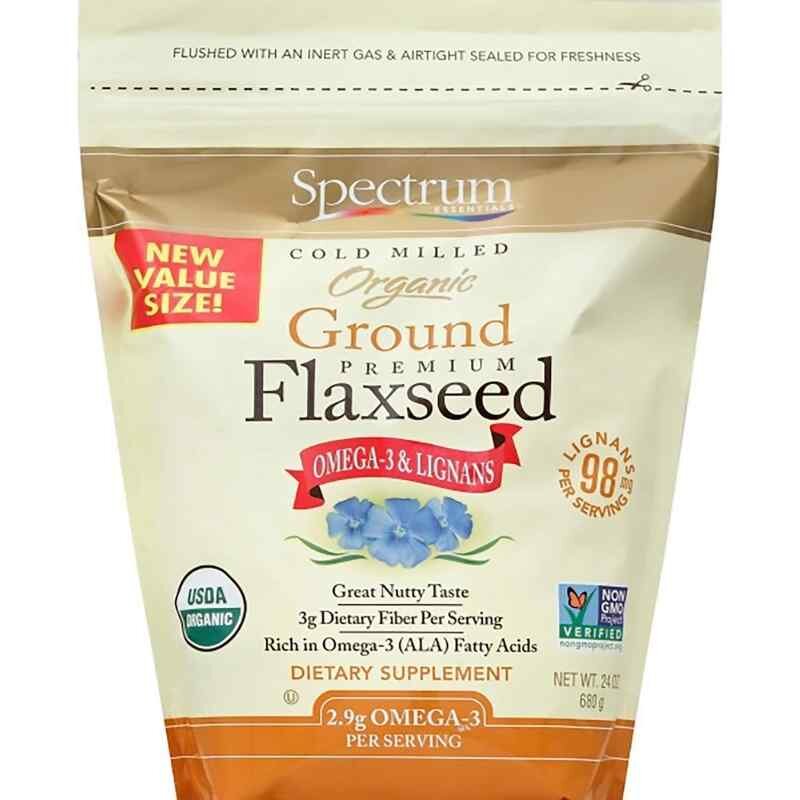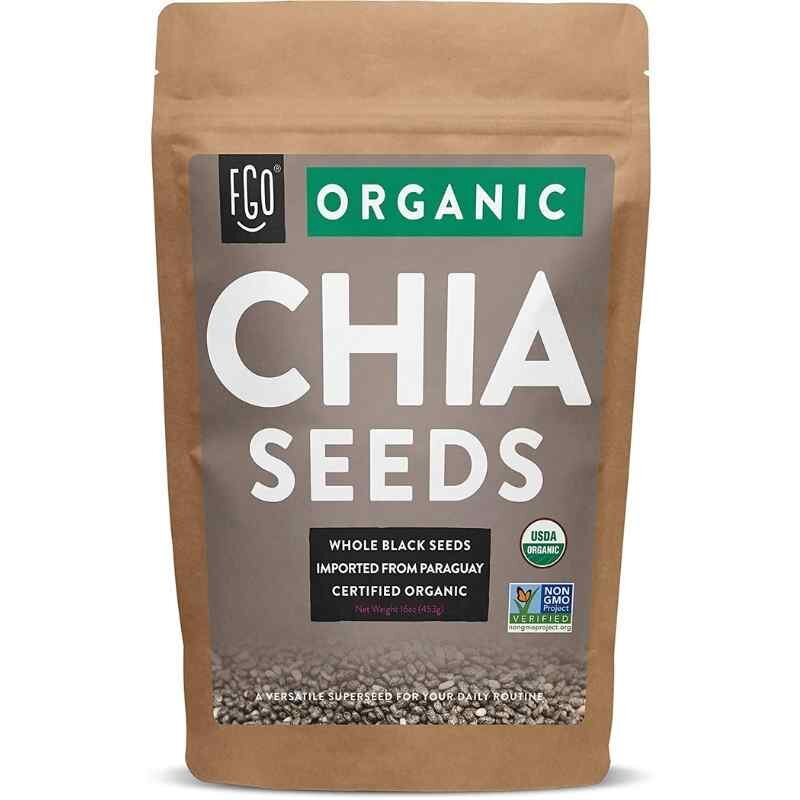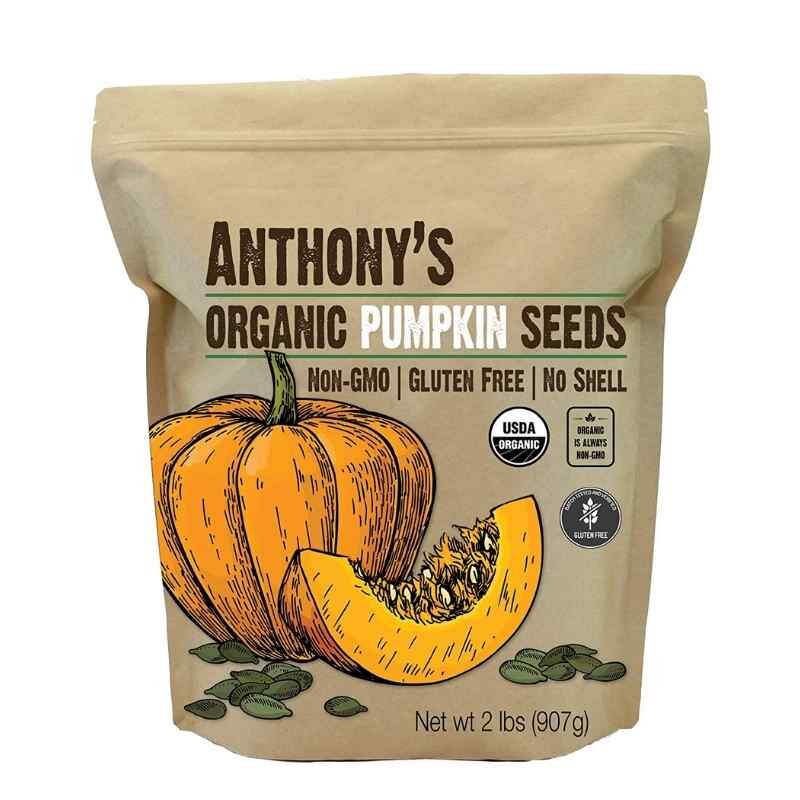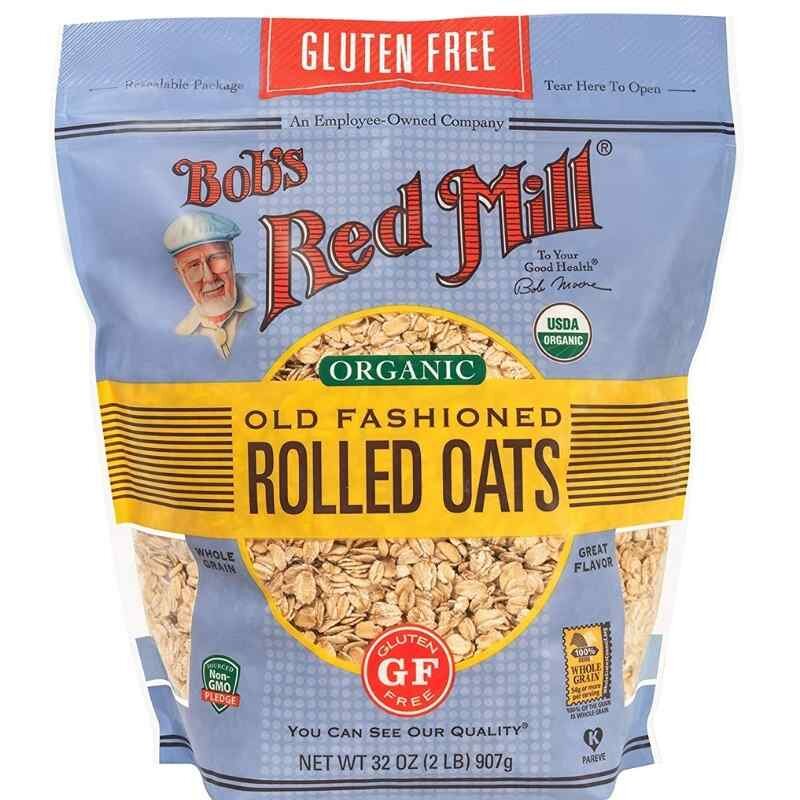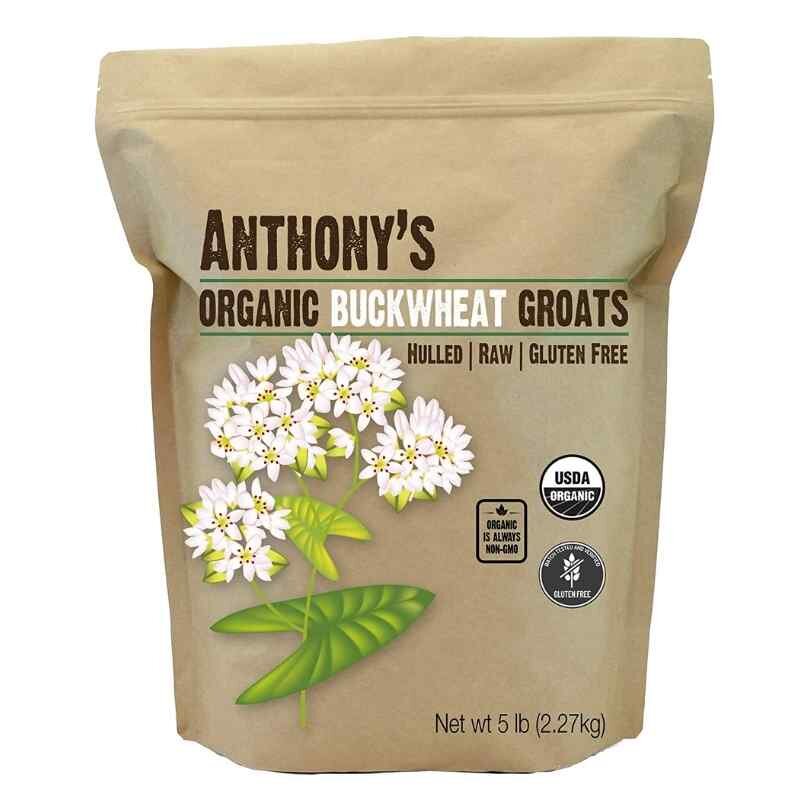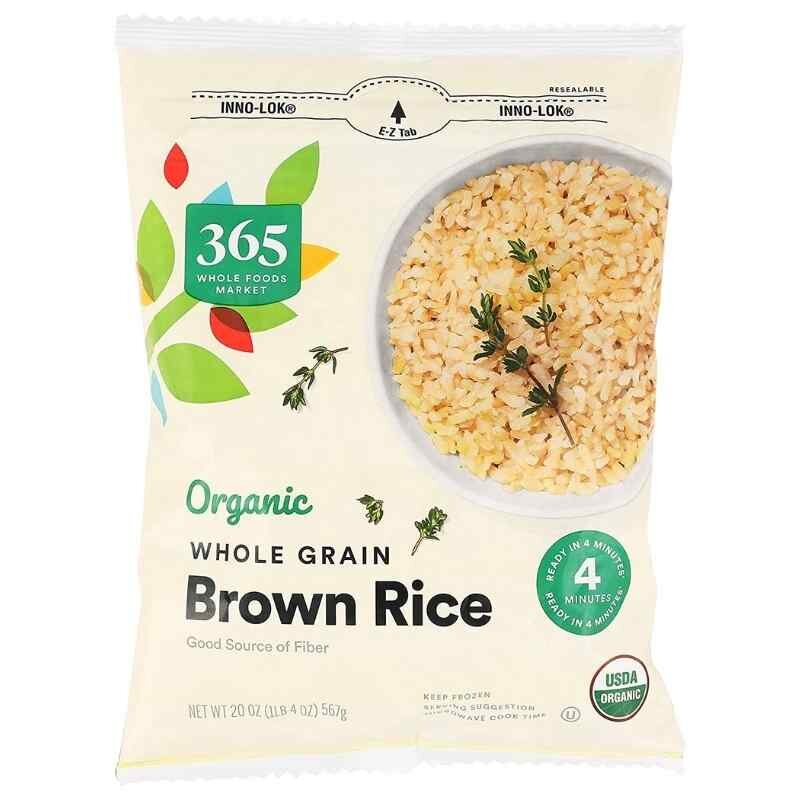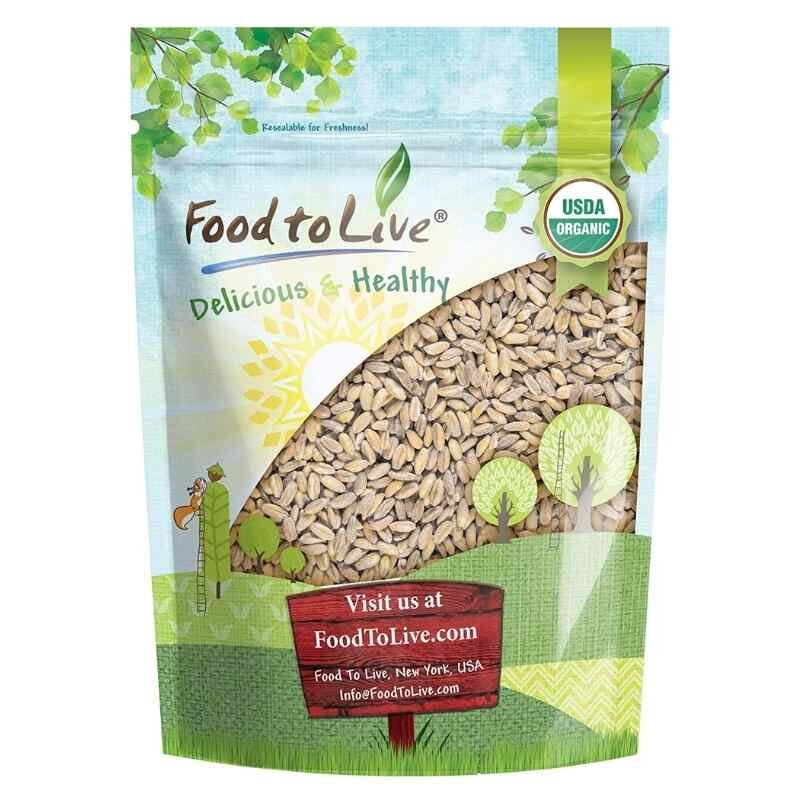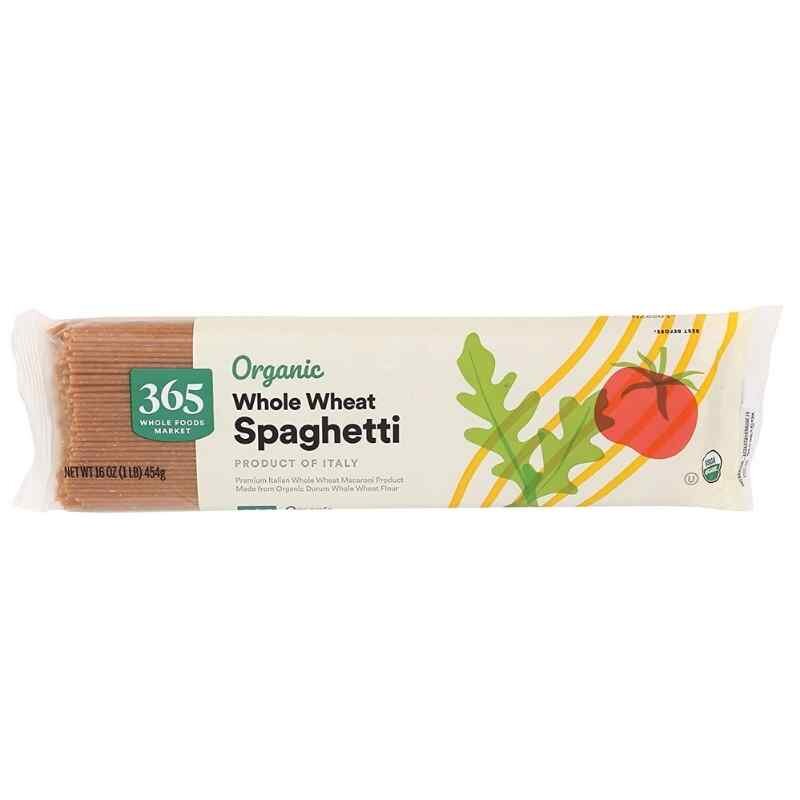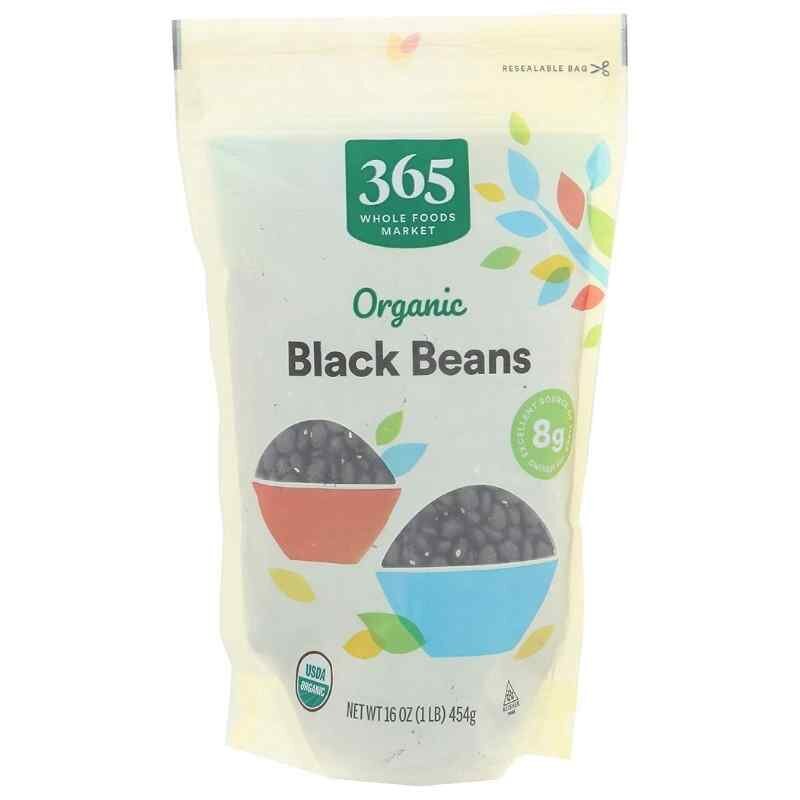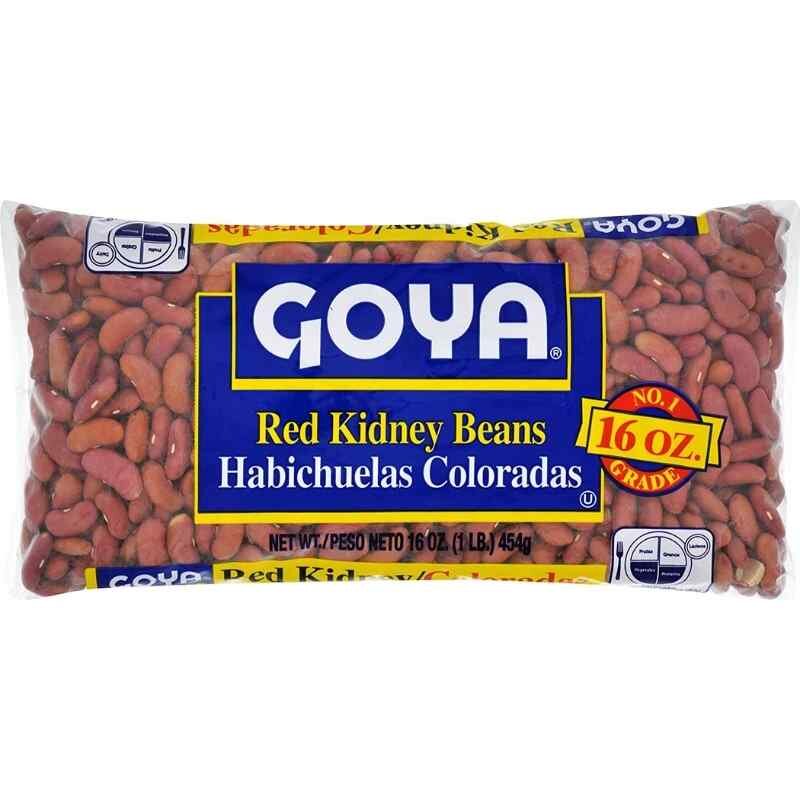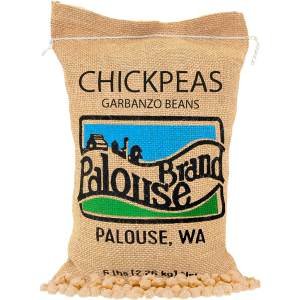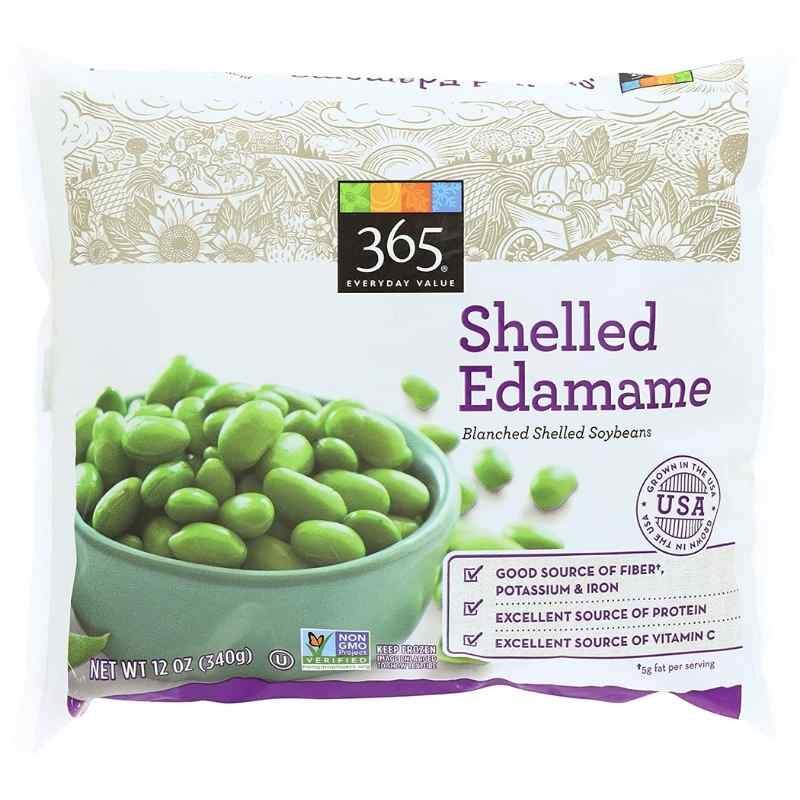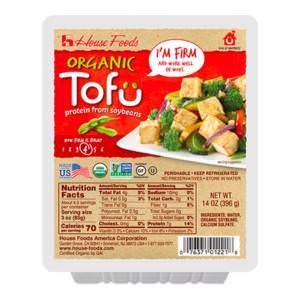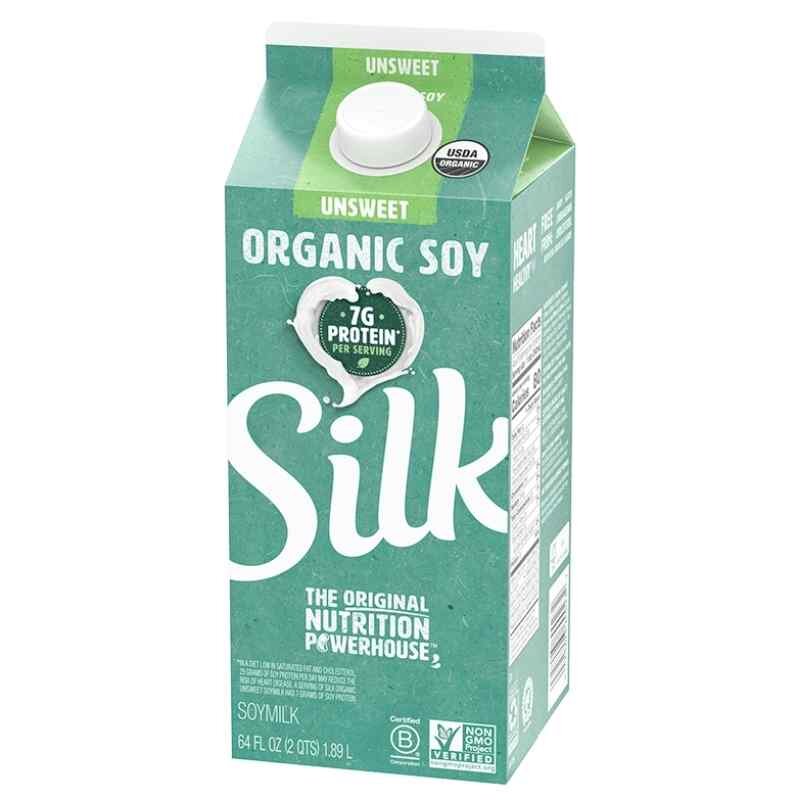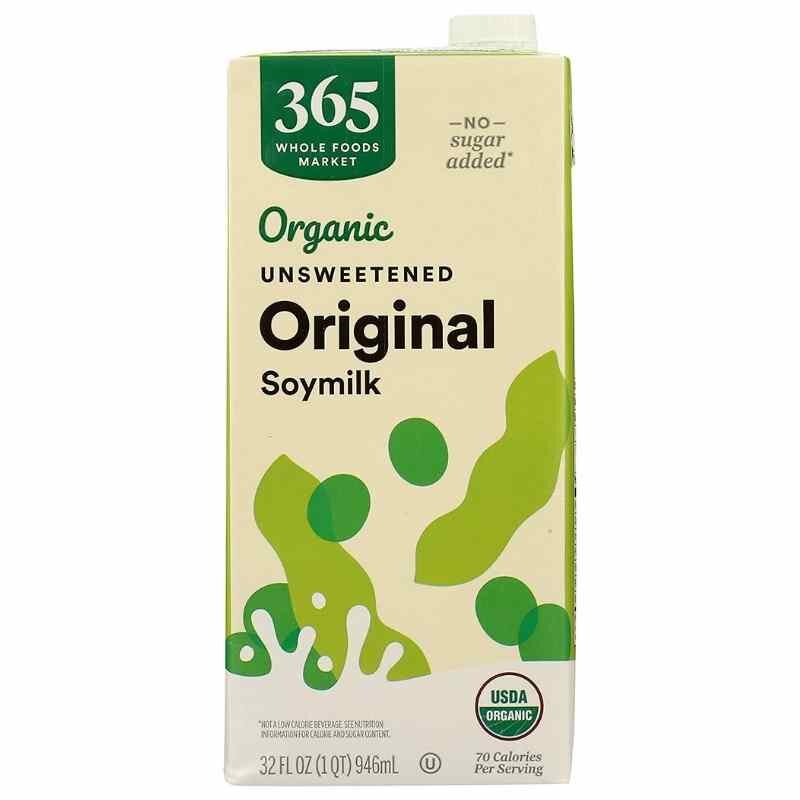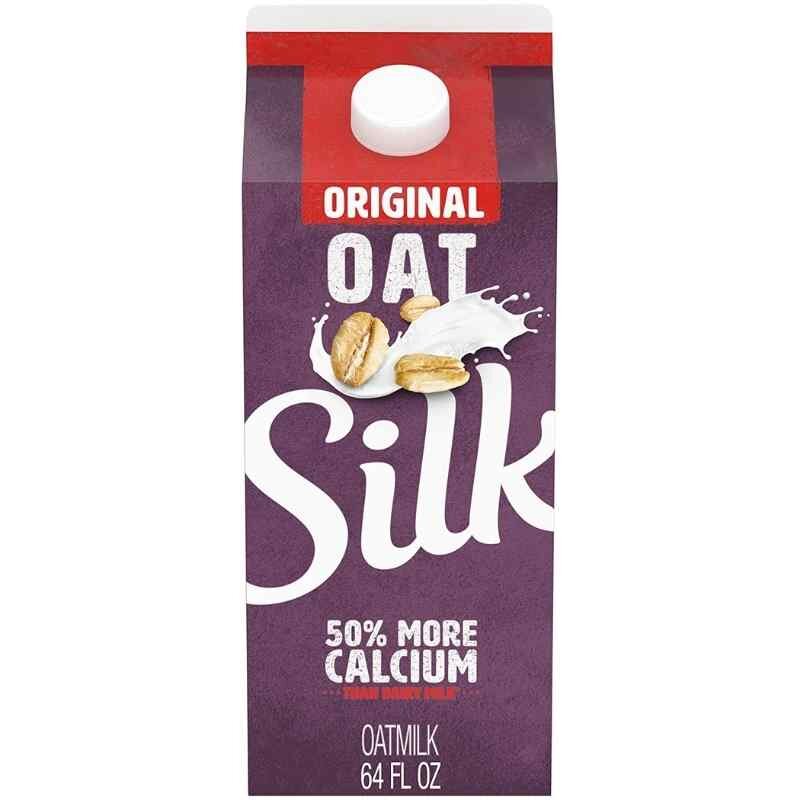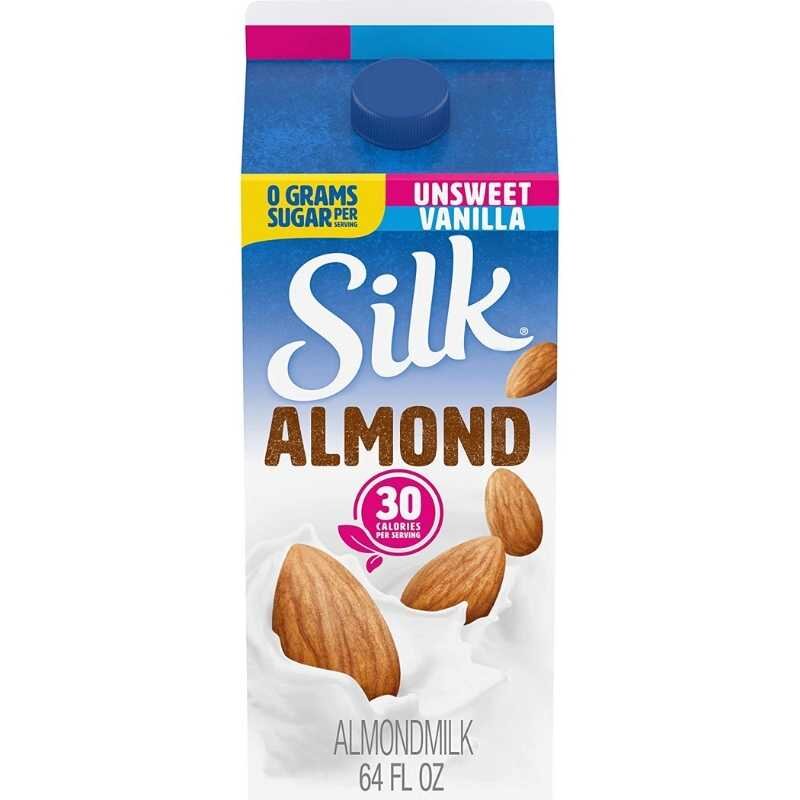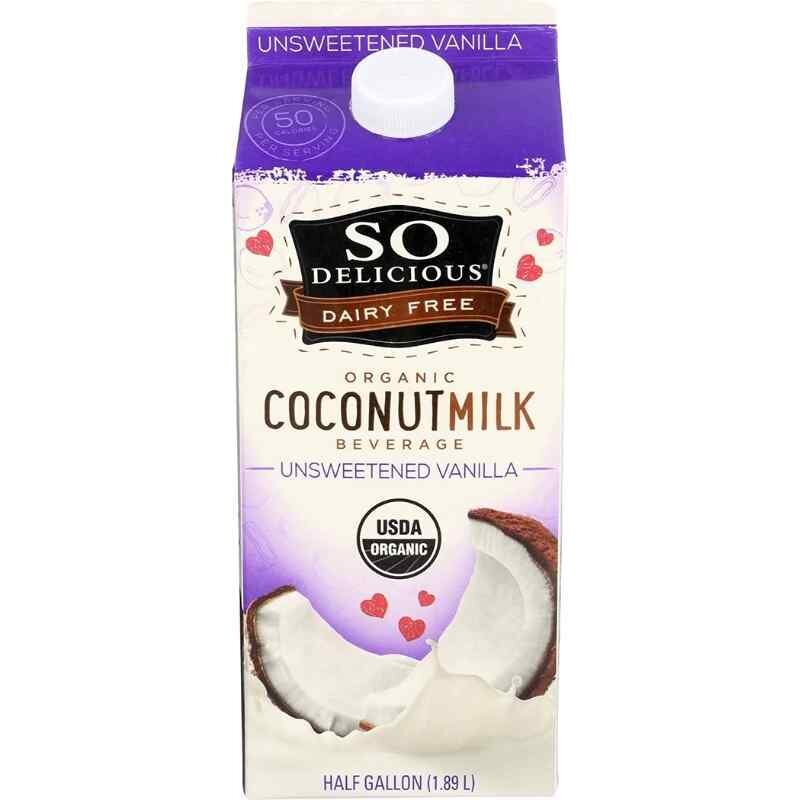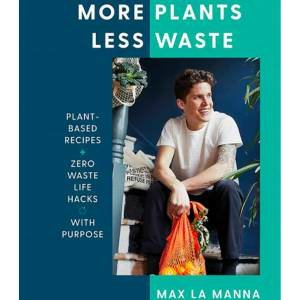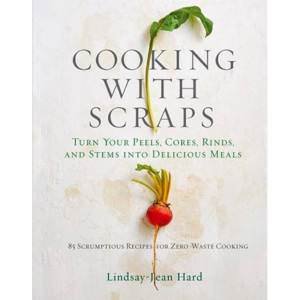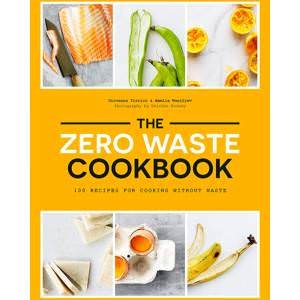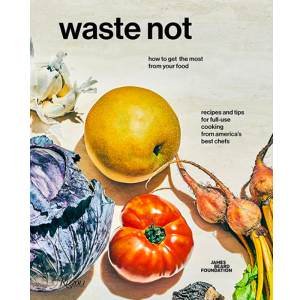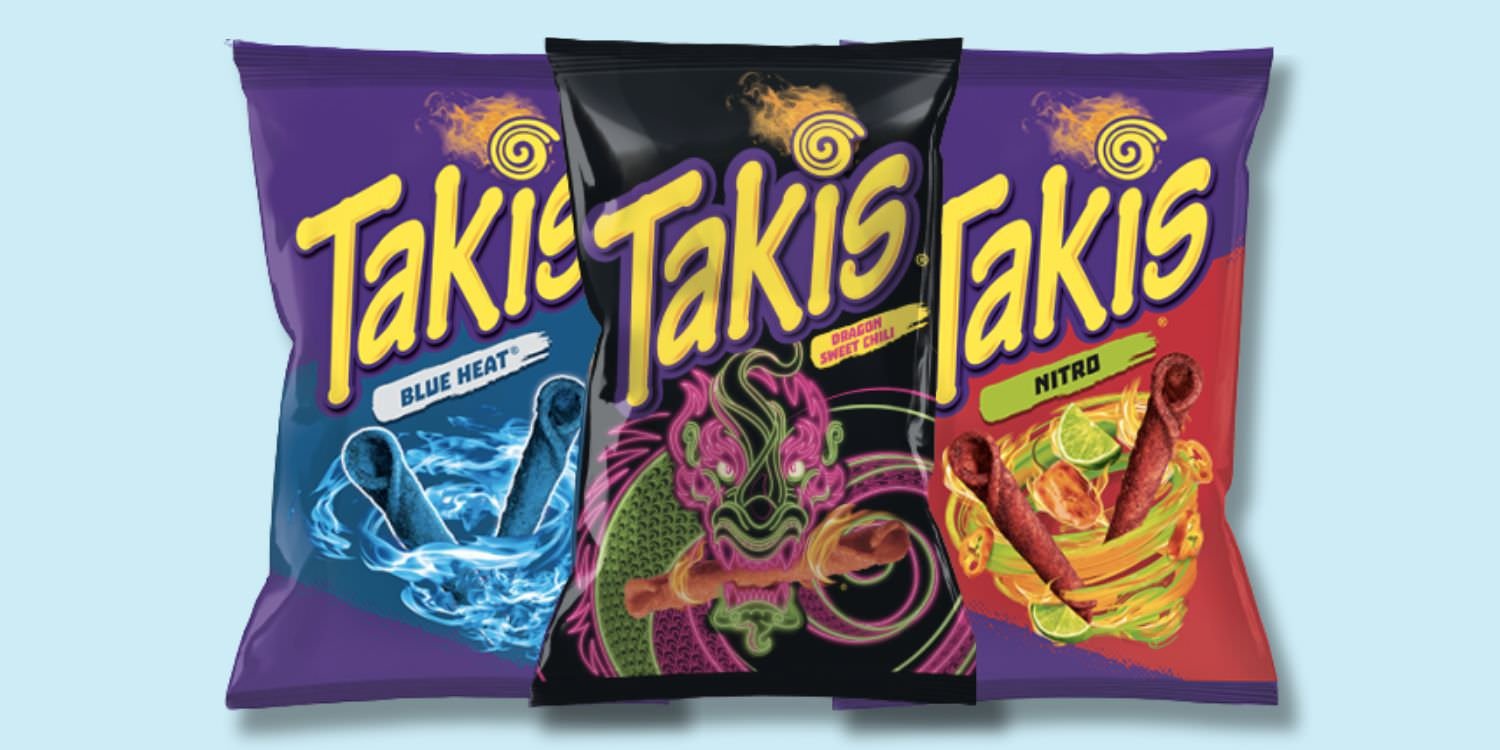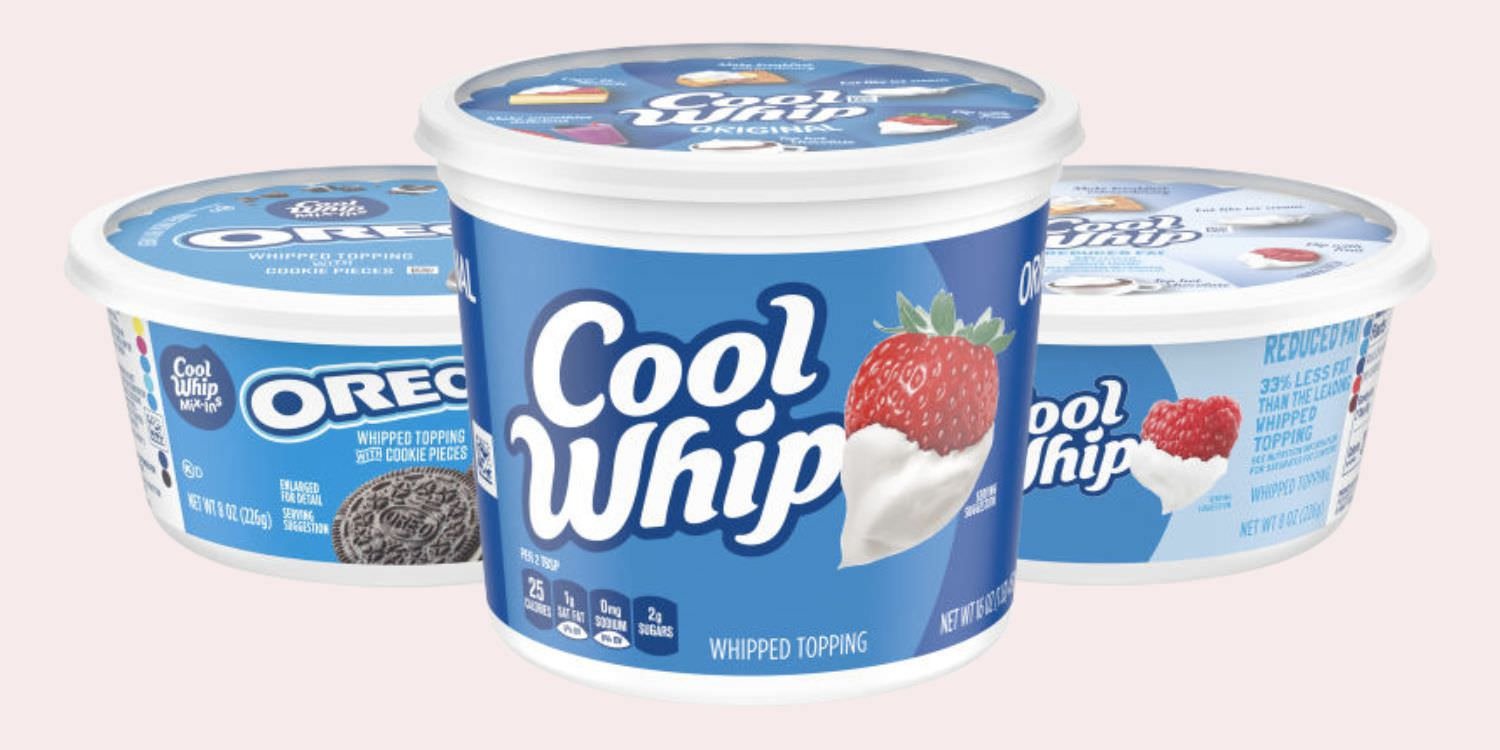14 Creative Ways to Save Money as a Vegan
A common question among the vegan curious is, “Isn’t the vegan diet expensive?”. There is no simple way to answer this question — your specific dietary needs and preferences, location, resources, and culture can all contribute to the final verdict.
However, there are certainly things we can do to reduce the cost of our plant-based grocery list. While small changes like buying in bulk, shopping at ethnic stores, batch cooking, and eating at home can all help, sometimes eating cheap on a vegan diet means simply avoiding unnecessary purchases. So, first, let’s check out some foods that could lead to a costly shopping bill.
Expensive Vegan Foods To Avoid When on a Budget
“Superfoods”
Although there are a few nutrient-rich foods that are worth splurging on to cover basic dietary needs, like nutritional yeast (great source of iron and B12), there are other ways to obtain your most essential nutrients as a vegan. By taking a vegan multivitamin or a B12 and D3 supplement, you can easily cover your most crucial dietary concerns.
Many expensive ‘superfoods’ are also marketed as ‘packed with antioxidants’ or ‘loaded with dietary fiber’. Although it is important to consume enough antioxidants and fiber, vegans are rarely deficient in either category. To consume plenty of antioxidants, which are known to help prevent certain diseases and delay signs of aging, simply go for extra fruits and vegetables (frozen is fine, and oftentimes better)! If you think your diet is lacking in fiber, try incorporating a wider variety of whole grains, starches, and legumes.
Meat and Dairy Substitutes
Although we love an occasional vegan substitute, and believe they are a great way for beginner vegans to adapt to a plant-based diet, they can be pricey, and are usually non-essential when on a tight budget. The only substitute we would recommend always including in your shopping list is a fortified vegan milk, which can be very affordable and provide you with tons of extra essential micronutrients like iron, calcium, vitamin B12, and vitamin D2.
If you’re aiming for a higher protein and calcium intake, know that natural plant-based foods are rich in both! In fact, dark leafy greens, tahini, and many seeds are superior sources of calcium than dairy milk, as plant-based calcium sources are absorbed about twice as well by the body. You can save so much money by shopping in the produce aisle instead, and making sure to grab generous amounts of legumes, nuts, and/or seeds.
100% Organic Foods
It’s true that most organic produce is much better for the planet and for our health. Pesticides and herbicides often contaminate our soil and drinking water, and can take a huge toll on the health of humans, fish, birds, and beneficial insects. However, it’s also important to note that 40% of the world’s produce goes to the animal agriculture industry as feed, and that the grand majority of this feed is not organically-grown.
Animal agriculture produces enormous amounts of waste as is. Just in 2012, a whopping 369 million tons of manure was produced on the world’s largest CAFOs (concentrated animal feeding operations). Those on a budget who are concerned about our planet can greatly help reduce the amount of chemical and organic waste produced by the agriculture industry, simply by cutting out all animal products.
Some foods, however, are especially important to buy organic, due to health concerns. Those with a thin peel, or with a peel that you consume along with the fruit, should be bought in their organic version, or soaked in vinegar, in order to remove most of the chemical residue before consuming them. Frozen fruits are also better to purchase organic, since you likely won’t be washing or soaking them before tossing them into a smoothie.
Nutrient-Rich Plant Foods To Look For When On a Budget
Now, since we’ve covered which foods are likely to ruin our budget, let’s take a look at which vegan foods are best for our wallet and for our health!
Nuts and Seeds
These foods are an essential in every vegan household. Although they can be pricey depending on your location, they may be much more affordable at ethnic stores, or when bought in bulk. Nuts and seeds are ultra-rich in iron, calcium, fiber, B vitamins, and healthy fats like omega-3s!
Fruits and Vegetables
Although fruits and vegetables are low in calories and made up mostly of water, they provide tremendous amounts of essential micronutrients like vitamin C, vitamin A, folate, potassium, magnesium, zinc, and much more. A hot tip is to buy your produce in the frozen section, since frozen fruits and veggies are typically picked at peak ripeness and nutritional value!
Whole Grains
Studies show whole grains can improve blood cholesterol levels, aid in satiety, and improve digestion by providing loads of dietary fiber! Some of our favorite affordable ways to eat whole grains are through steel cut or rolled oats, popcorn, whole wheat pasta, and brown rice.
Legumes
Beans, lentils, and peas all form part of the ‘legume’ category. Vegans love legumes because of their high protein content, versatility, and convenience. Some of our most cherished foods are made using beans — hummus, tofu, tempeh, TVP, soy milk, veggie burgers, falafel, lentil bolognese… the list goes on!
Legumes are usually super affordable, however you may be able to save some money by preparing them from scratch. Just make sure to soak them for at least 24 hours before cooking, so they’re easier to digest!
Starchy Vegetables
Root vegetables like potatoes, carrots, sweet potatoes, beets, squash, and others can be an amazing filler in your dishes, to help bulk up your meals and nourish your gut with plenty of fiber! Whether it’s a potato and veggie curry, sweet potato and carrot stew, or a hearty squash soup, you’re sure to save money by selecting some starchy roots and tubers!
Fortified Plant Milks
Although these may be considered non-essential to some, we believe store-bought plant milks are important to include in any plant-based diet. They are high in oftentimes neglected or lacking nutrients like iron, calcium, B vitamins, and vitamin D, and are super versatile for both your dishes and beverages. Try buying fortified plant milks in bulk to score a much better deal!
Extra Tips for Saving Money on Your Vegan Diet
Buy in Bulk
Not only is this method best for your budget, it can also be a great solution for the planet! If possible, take your own produce bags to the store to fill with legumes, nuts, grains, and seeds, and avoid paying for extra plastic packaging or branding.
Shop at Ethnic Stores
You’ll be amazed at the prices of tofu, spices, and veggies at Asian markets! You can save a pretty penny by purchasing as many items as possible from these specialty grocery stores.
Learn to Cook!
The first thing you should learn after making the decision to go vegan, is a set of cooking basics. By learning how to chop, prep, season, and cook your vegetables, legumes, and grains to perfection, you can avoid the need or desire to constantly eat out.
Batch Cooking
This tip can help you save tons of time, and tons of money! By taking one day of the week to prepare all of your meals, you can avoid food waste, further stretch out your ingredients, and freeze whatever you can’t finish. This method will also help you avoid spending money on takeout!
Start Using Zero-Waste Recipes
Reducing food waste in your home is not only beneficial to the planet — it can also help you save tons of cash by making the most of your produce. For example, you could try adding some orange peels to your jams, make a delicious “pulled pork” out of banana peels, toss veggie peels into breakfast muffins or tofu scrambles, or gather all your veggie scraps and boil them into an amazing vegetable broth!
We hope this quick guide could help you understand how to reduce your current vegan shopping bill, or kickstart your vegan journey!
Vegan foods should not be expensive or a privilege. We believe healthy foods should be available to everyone, and that this is something worth fighting for. By choosing healthy plant-based foods and increasing their demand, we can hopefully help make these foods more available to those who cannot currently access them.
Thanks for all you do to ensure a better future for our planet and those who inhabit it! Make sure to check out our newsletter for more practical tips and info to help simplify your vegan lifestyle. We’re with you every step of the way!





